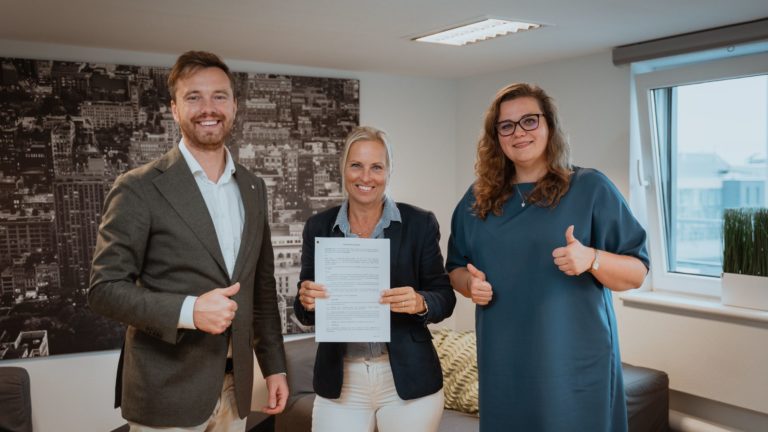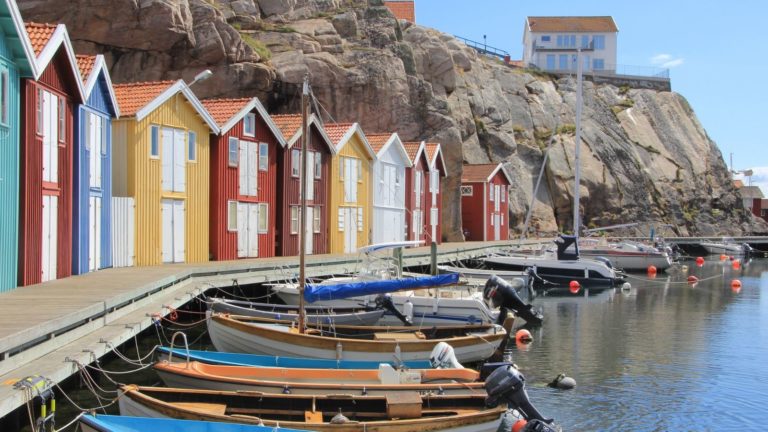Martins Tiknuss, Chairman of the Board of the Latvian Exporters’ Association ‘The Red Jackets’:
The orders came, entrepreneurs invested in equipment, created new products, increased salary for employees, paid taxes. The country was projected to grow and no one expected the crisis. But then the unexpected happened – in one week everything has turned upside down! Latvia’s economy has also been infected by the virus – orders are beginning to decrease and companies are starting to think about the lay-off of their workforce.
This is a global crisis and we need to protect exporters, because it is they who create a positive external balance in Latvia, which affects all other sectors. Exporters have growth potential because the market is not limited and provides well-paid jobs and prosperity.
The Export Support Program is necessary to allow companies to use this idle state time effectively for the development, training and digitalization of new products, as well as for the rapid re-launch of their activities when the economy starts to stabilize and also for the promotion of internal consumption.
Can’t stop! The time of crisis is an opportunity for business development, as long as we are quick to develop support instruments and do not lose this opportunity in the curves of bureaucracy.
Together with major exporters, we have made proposals for business recovery support instruments for both small and medium-sized and large companies.
I Use of downtime in the wake of the crisis for the development of the company:
- Innovation and product development – innovation grants for companies (create a new product/service over a three-month period). Assisted costs, including employee time, designer and engineering services, purchase of tests and research services.
- Digitalization – supporting businesses in their efforts to find digital tools and solutions to advance their product/service on the global market or the organization of their processes. This supports both the
traditional and technology sectors. Support to cover costs related to the purchase of IT systems, the development of e-commerce (e.g. the creation of online stores, the costs of opening Amazon and other
e-commerce stores, digital marketing). - Rebranding and marketing materials – use time to bring your marketing arsenal in order by restoring and improving your visual image.
- Evaluation of production processes to increase productivity and certify production plants. As well as introducing systems related to increasing productivity and efficiency.
- Support for training of staff for improving qualifications and skills: the acquisition of sales and marketing tools and methodologies, training related to working with new systems and their implementation.
II Recovery of business volumes, when the situation in markets stabilizes
It is also useful to use this time to search for new sales channels, to study demand, to address purchasers. Exhibitions will be paused for some time; therefore companies should be active in addressing potential partners and organizing digital meetings. At the moment, purchasers and major directors are much more accessible and their timetable has changed in our favor. They no longer waste time running from one city to another and from one appointment to another. Everything happens more efficiently and digitally. So they have free time to spend on us and evaluating new opportunities.
Moreover, judging from the calls made this week, it is felt that people wanted to talk and fill in time. Why not do this by talking about new opportunities from the Baltics?
Scandinavian companies should be reminded that we in the Baltics are closer and more reliable partners. It is also worth supporting exporters, either through existing cluster programs or by developing individual grants.
III Promoting internal consumption
While Europe is struggling with the effects and consequences of the virus, we are consuming our own production. This should be stimulated through the procurement of public, municipal and capital companies. We should not fear imposing a condition on national and local authorities to purchase the necessary goods and services primarily from a local manufacturer or service provider.
The construction of all types of public buildings, renovation programs for multi-apartment buildings, should be actively directed. The building warming program should be continued with the additional budget allocated to the Altum program and by facilitating the application process for house owners. As well as Rail Baltica is a very important infrastructure project for which smooth progress is significant.
This crisis could also be a catalyst for the development of the green economy through the procurement of state and local governments, their capital companies. It has huge resources from the European Union and needs a policy in which directions they enter and are moving in the economies.
The crisis will pass, but for people to be able to recover, they need work. Jobs created by exporters have a positive impact on all sectors and are filling the state budget with paid taxes. With financial support to businesses, this crisis can be used to come out stronger and recover the loss more quickly.


